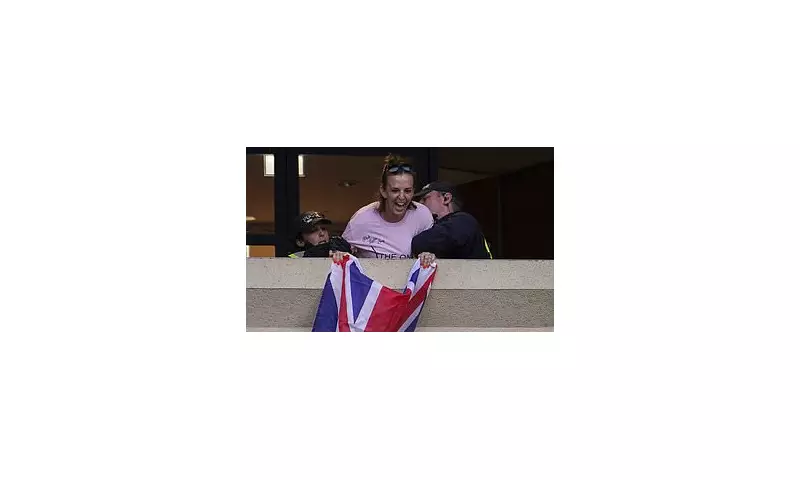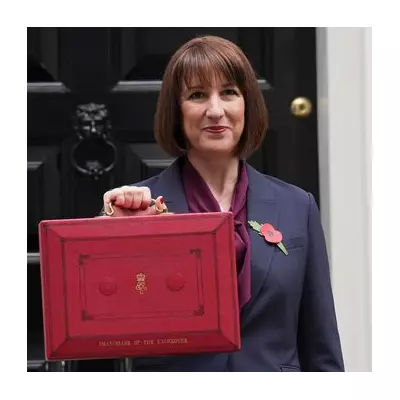
In a stunning legal reversal that has captured national attention, prosecutors have abruptly dropped all charges against a woman arrested for waving the Union Flag during a protest outside a controversial migrant accommodation facility in Essex.
The Epping Confrontation That Sparked National Debate
The case centred around demonstrations that took place outside the former Rainbow Guest House in Epping, which had been converted by Epping Forest District Council into temporary housing for asylum seekers. The defendant, whose identity remains protected, became the focal point of a heated standoff between protesters and authorities.
According to court documents, the woman was initially charged with violating Section 5 of the Public Order Act after allegedly "waving a Union Flag in a manner that caused harassment, alarm or distress" to individuals inside the facility. The arrest occurred during heightened tensions in the community regarding the council's decision to use local hotels for migrant accommodation.
Legal Proceedings Take Unexpected Turn
The prosecution's case began to unravel during preliminary hearings at Chelmsford Magistrates' Court. Defence lawyers successfully argued that the act of waving the national flag constituted legitimate peaceful protest rather than threatening behaviour. Legal experts following the case noted that the Crown Prosecution Service faced significant challenges proving that the flag display met the threshold for criminal conduct.
"The decision to withdraw charges represents a significant victory for protest rights and common sense," commented a civil liberties advocate familiar with the case. "Criminalising the display of the national flag sets a dangerous precedent that undermines fundamental freedoms."
Community Reaction and Wider Implications
The dismissal has reignited debate about the balance between maintaining public order and protecting expression rights. Local residents in Epping have expressed mixed reactions, with some celebrating the outcome as a defence of British values, while others worry about the message it sends regarding community cohesion.
The case occurs against a backdrop of increasing tensions across Britain regarding the use of hotels for housing asylum seekers. Numerous local authorities have faced protests and legal challenges over similar conversions, creating a complex landscape for councils attempting to manage housing shortages and national immigration policies.
Police and Crime Commissioners are now facing calls to review guidance on handling protests involving national symbols, while civil liberty groups are heralding the outcome as a crucial check on the expanding scope of public order legislation.





